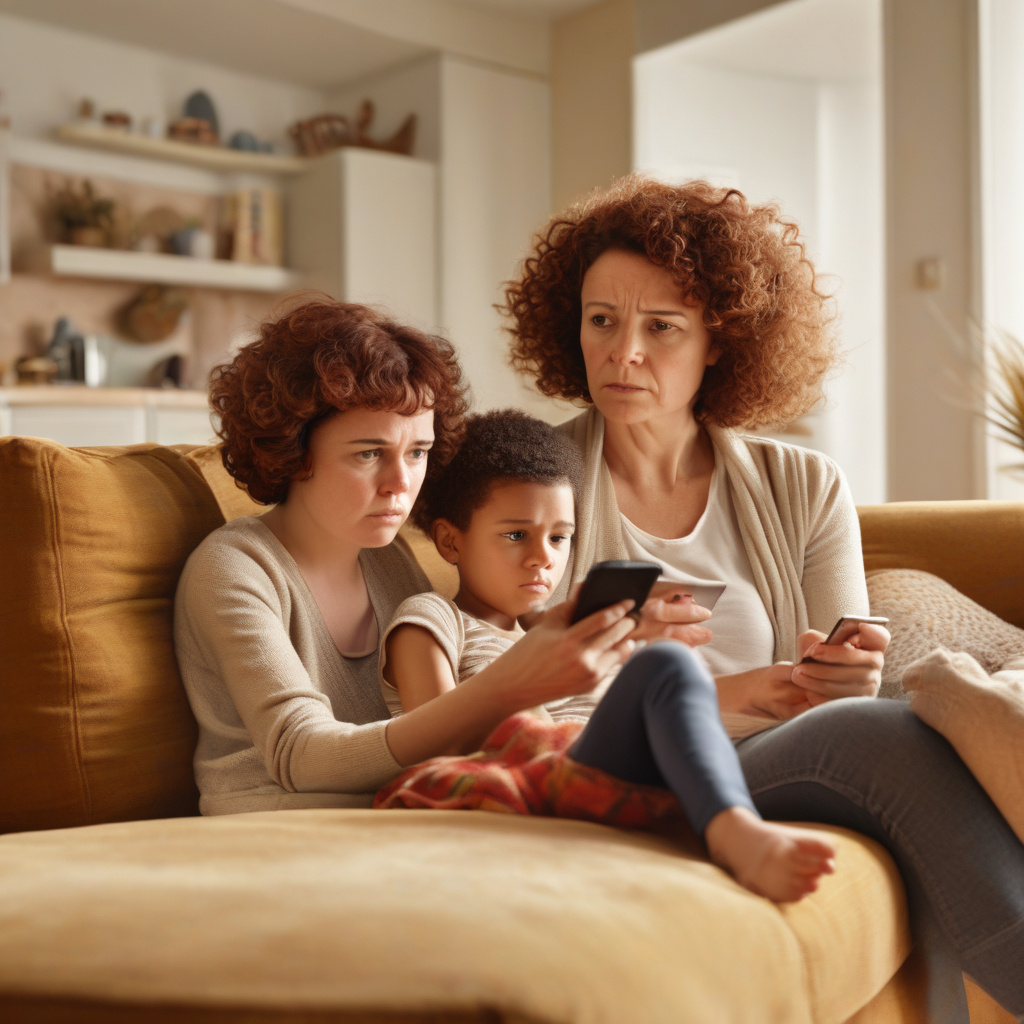Limiting Children’s Social Media Time: A Step in the Right Direction
In a world where technology plays a significant role in our daily lives, it comes as no surprise that social media has become a pervasive force, especially among children and teenagers. With the rise of platforms like Instagram, TikTok, and Snapchat, young individuals are spending more time online than ever before. However, a recent Uswitch Broadband survey has shed light on a concerning trend – two-thirds of UK parents support the idea of imposing a daily limit of two hours on their children’s social media usage.
The survey’s findings raise important questions about the impact of excessive social media consumption on children’s well-being. With the average child now owning a smartphone by the age of 10, the need to regulate their screen time has never been more critical. From cyberbullying and online predators to the detrimental effects of excessive screen time on mental health, the risks associated with unrestricted social media use are manifold.
By backing the government’s proposed time cap, UK parents are signaling their recognition of the dangers posed by unlimited access to social media. Setting a two-hour limit not only ensures that children have a healthy balance between online and offline activities but also helps in safeguarding their mental and emotional development. Research has shown that excessive screen time can lead to issues such as sleep disturbances, anxiety, and poor academic performance. By imposing restrictions, parents can mitigate these risks and foster a more balanced and mindful approach to technology use.
Moreover, limiting social media usage can have a positive impact on children’s overall well-being. By encouraging them to engage in other activities such as sports, hobbies, and face-to-face interactions, parents can help their children develop essential social skills and emotional resilience. Rather than being constantly glued to their screens, young individuals can explore the world around them, cultivate meaningful relationships, and nurture their creativity.
While some may argue that imposing a time cap on social media is overly restrictive and infringes upon children’s freedom, it is essential to prioritize their long-term health and development. Just as parents set boundaries on other aspects of their children’s lives, such as bedtime and homework, regulating screen time is a necessary measure in today’s digital age. By instilling healthy tech habits from a young age, parents can empower their children to make responsible choices about their online behavior and consumption.
In conclusion, the findings of the Uswitch Broadband survey highlight the growing concerns surrounding children’s social media use and the need for proactive measures to address them. By supporting a two-hour daily limit on social media, UK parents are taking a crucial step towards safeguarding their children’s well-being and promoting a healthier relationship with technology. Ultimately, the goal is not to demonize social media but to encourage a balanced and mindful approach that prioritizes the holistic development of young individuals in an increasingly digital world.
parenting, socialmedia, UK, children, well-being
